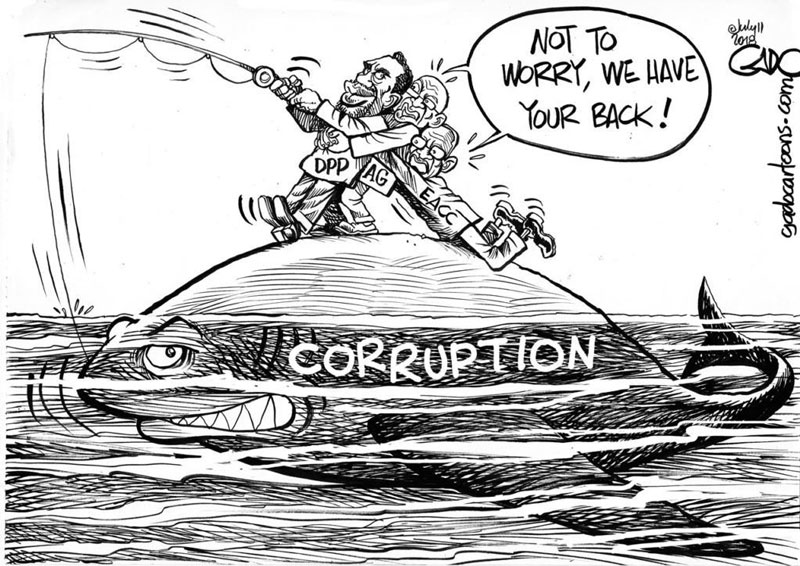×
The Standard e-Paper
Kenya’s Boldest Voice

“Jesus entered the temple courts and drove out all who were buying and selling there. He overturned the tables of the money changers and the benches of those selling doves.